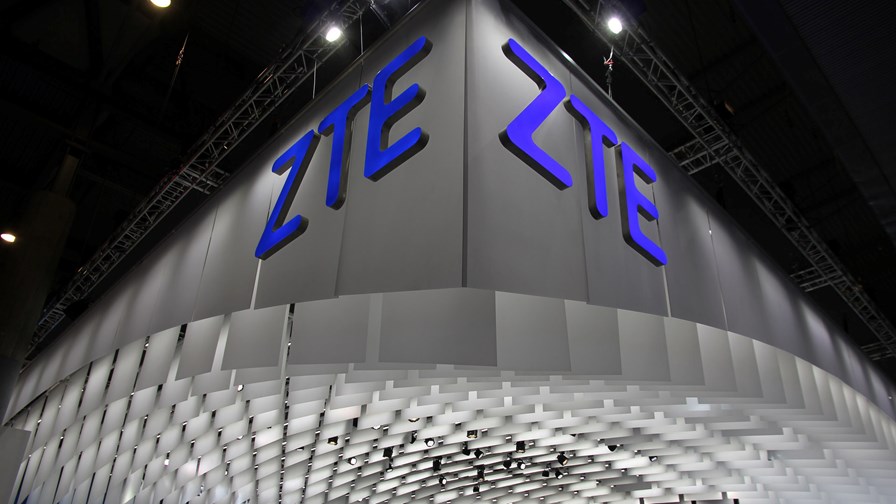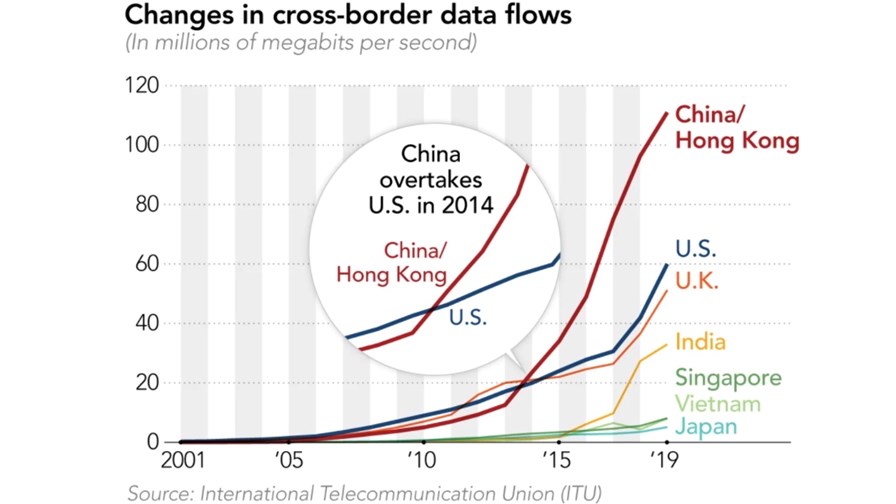
- No surprise as ZTE retains pariah status in US
- Russian operators will need to shop locally for 5G gear, it seems
- The ‘splinternet’ trend doesn’t bode well for US aspirations
The confirmation of ZTE’s pariah status in the US telecoms market and the latest ‘signs of the times’ in our fractured world head up this cavalcade of industry developments.
ZTE has definitely joined Huawei on the tech naughty step as the FCC rejects its appeal against it being designated a national security threat and therefore unable to tap federal funding to subsidize equipment costs for small rural carriers in the US. The Chinese vendors were first designated as security threats in June. FCC Chairman Ajit Pai maintains the rejection of ZTE’s request is “another important step in our ongoing efforts to protect US communications networks from security risks.” Pai added in an official FCC statement: “At the next Open Meeting on December 10, the Commission will vote on rules to implement the Secure and Trusted Communications Networks Reimbursement program to help carriers remove and replace untrusted equipment from their networks, months before the statutory deadline. Now it is more vital than ever that Congress appropriate funds so that our communications networks are protected from vendors that threaten our national security.” This article from Al Jazeera explains more.
Network operators in Russia will need to use “domestic equipment” to build their 5G networks, according to a report from Comsnews.ru citing Oleg Ivanov, Deputy Head of the Ministry of Digital Development, Communications and Mass Media. If that statement is to be taken literally then Russia’s mobile operators might be in for a hard time, but whatever the details it points once again to a shift away from globalization and the increasing desire of governments around the world to develop key technology locally. Some countries are well placec to do that, others not so much…
Speaking of the new world order… China now accounts for 23% of ‘cross-border data flows,’ nearly twice the share of the US, which ranks a distant second with 12%, according to Nikkei Asia and as the chart below shows. It points out that cross-border data flows are an indicator of relative advantage and global power as “the formerly world-spanning Internet shatters into the "splinternet," described as “a balkanized mosaic of information networks marked off by national borders.” The subtext here is that while the US may think isolating China in various ways might be a way to stem its growth and influence, it may be doing the opposite, as this article points out.

TIM (Telecom Italia), which has long been collaborating on service development with Google, has extended its ‘TIM Voice Smart with Google’ service with a new function that allows users to receive and make calls from their home landline via a smart speaker. In addition, the operator’s music streaming service, TIMMUSIC, is being made available on Google's smart devices. For more details, see this press release.
Nokia has teamed up with Austrian operator A1 to deploy a private network for Siemens, and has collaborated with stc to operate the Saudi operator’s Technology Innovation Center.
- The staff, TelecomTV
Email Newsletters
Sign up to receive TelecomTV's top news and videos, plus exclusive subscriber-only content direct to your inbox.




